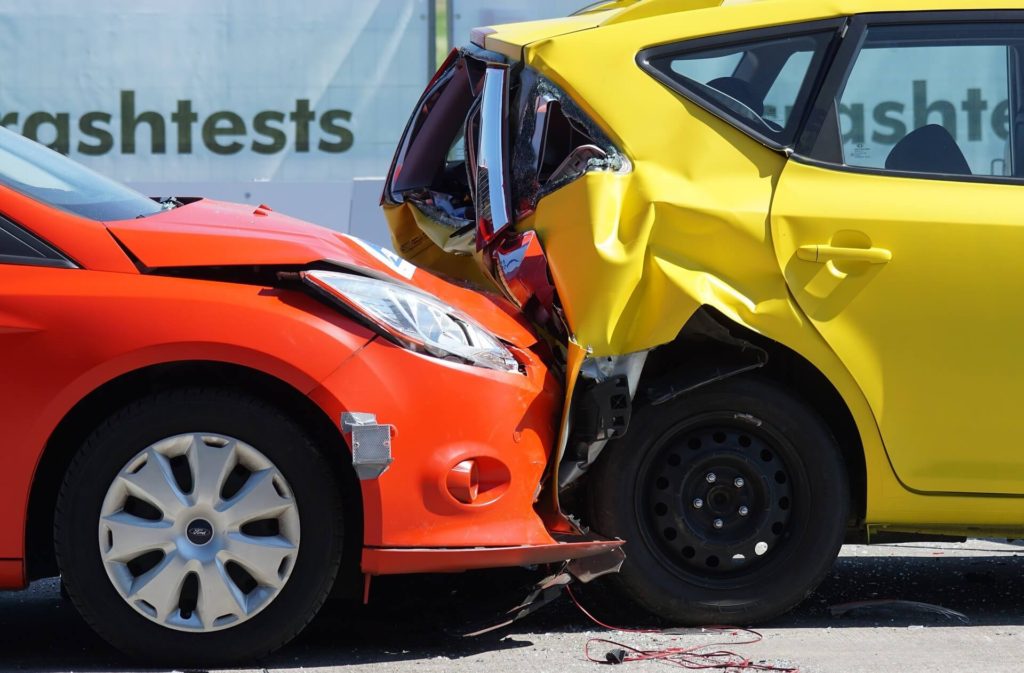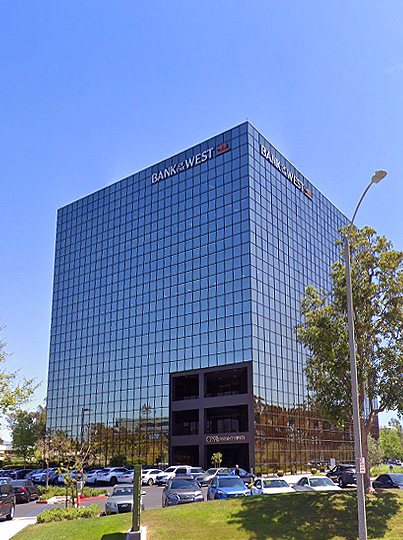Crash Tests Explained

Before a vehicle can get on the road, it must go through thorough testing and inspections to ensure all safety features are fully functional and the risk of serious injuries is low. Many people are aware of crash tests, but vehicles are also tested in environments such as Germany’s Nurburgring test track, public roads, different weather patterns, and varied road conditions. These thorough reviews can not only identify the unique qualities that make a vehicle special, but also under what conditions it can become involved in an accident. In most cases, this may lead a manufacturer to issue a redesign or to correct a faulty part. However, there are situations where cars fail and still end up on our roadways.
Who Regulates Crash Tests
When purchasing a new car, customers often look at fuel ratings, cutting-edge features, and usability, such as how easy a car is to handle on side-streets, freeways, and dirt roads. While these elements are all relevant, one of the most important, and often overlooked, aspect of a car is how well it tests in a crash.
Vehicle safety, and the tests that evaluated it, has improved drastically since the first Model T. Oftentimes, drivers and passengers are far more likely to suffer fatal injuries in a crash with an older vehicle than a newer one, as older models lack responsive safety features, crumple zones, and have more defects, as reported by the National Highway Traffic Safety Administration (NHTSA). But even newer vehicles can have safety issues, as seen with the 2009 Toyota accelerator defects that led to multiple deaths and injuries.
Thus, testing is one of the most important parts of how a car is designed, as it can reveal where manufacturers can improve their models. But how tests are conducted comes down to two organizations: the federal NHTSA and the private Insurance Institute of Highway Safety (IIHS), both of which operate out of Virginia, but utilize different types of crash tests.
Under the NHTSA, vehicles are tested for four scenarios:
- Front-end collision (head-on collision)
- Side-barrier collision (side-impact such as in a T-Bone collision or intersection accident)
- Side-pole collision (a test that mimics a crash between the front driver’s side and a fixed object)
- Rollover test (determines how likely a rollover is to occur and what damage is possible).
Each test is conducted on a new vehicle of the same make and model and the tests are meant to simulate real-world conditions, including dangerous speeds and road conditions. In addition to these crash tests, the NHTSA also evaluates safety features, ranging from airbags to lights, and provides the results of such tests for consumers to review before making a purchase.
In contrast to the NHTSA, the IIHS does five tests, but does not to do a rollover resistance test. Those five tests include:
- Moderate overlap flap (head-on collision near the center of the vehicle, focusing on the driver’s side)
- Driver-side small overlap flap (head-on collision on the driver’s side of the vehicle)
- Passenger-side small overlap flap (head-on collision on the front passenger’s side of the vehicle)
- Side crash test (side-impact crash)
- Roof strength test (evaluates how much damage a roof can take in the event of a rollover accident)
In addition to these five tests, the IIHS tests for the effects of restraints and seat components on passengers during a rear-end collision in order to evaluate neck and back injuries. The goal of this test is to determine how the shape of a seat, as well as the strength of a seatbelt, can contribute to or prevent a spinal cord injury.
Both of these organizations have made great strides in identifying the safety risks of new vehicles and pushing the automotive industry forward with new safety standards. However, that does not mean these tests are full-proof and faulty manufacturer does still occur.
Ratings Are Not Regulations
When a vehicle is tested by the NHTSA and IIHS, the respective organization will provide a detailed rating that evaluates how well a make and model performed in a simulated crash. These ratings are designed to help consumers make informed decisions about how safe a vehicle is to drive and what are the chances that they can sustain an injury in a specific scenario, such as a head-on collision or rollover. That does not necessarily mean that a vehicle’s design is improved upon.
The only scenario where a vehicle could be pulled from the market after a test is if the NHTSA identified a faulty component or design that could potentially cause serious bodily harm or death as outlined by the Federal Motor Vehicles Safety Standards and Regulations (FMVSS). If the vehicle has already gone to market, the NHTSA may issue a recall on the entire vehicle or the specific part that is defective if there is a suspicion that it might be a widespread issue. This excludes scenarios where a dealership or repair shop caused a specific defect in their handling of a vehicle.
However, if you are injured as a result of a manufacturing error, defective auto part, or improper maintenance by a repair shop, then you may be eligible to pursue a claim for damages, no matter how well a vehicle rated under crash tests. Crash tests, while extremely helpful in identifying safety flaws and potential hazards in an accident, are not the final standard as to whether or not a manufacturer committed negligence. Even a well-rated vehicle can have a manufacturing defect, and when a defect causes serious injuries, victims should hold the manufacturer accountable in a product liability claim.
The best chance you have at receiving compensation from an at-fault automotive manufacturer is to contact a skilled and experienced attorney who can fully investigate your claim. At Allen Flatt Ballidis & Leslie, our legal team has more than 40 years of experience evaluating product liability claims and taking on big companies who harmed our clients through an act of negligence. We have the resources, knowledge, and expertise to review your case and fight on your behalf. To schedule a free consultation with an Orange County product liability attorney at Allen Flatt Ballidis & Leslie, call us (949) 752-7474.
Even if you aren't sure you have a case, give us a call at (888) 752-7474, or fill out our Free Case Review below.
We are here to help.
 RSS
RSS


